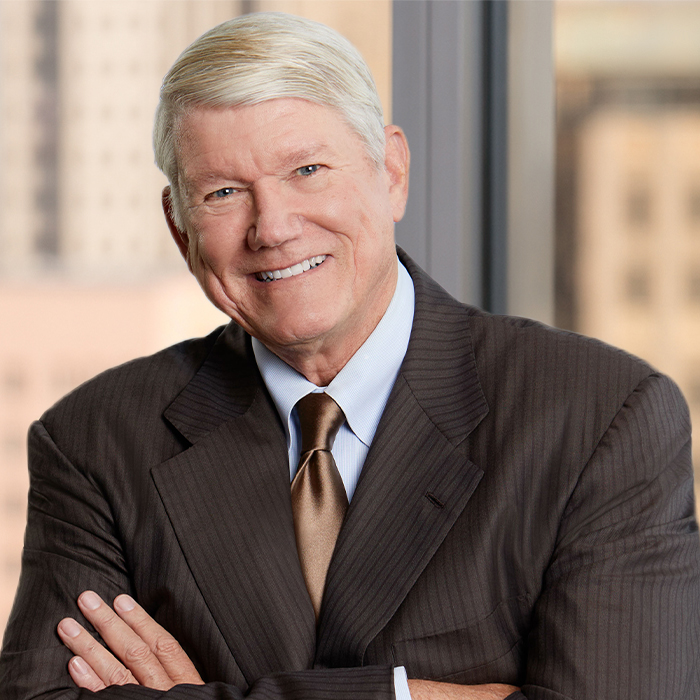By Chip Babcock
The United States Supreme Court decision in Citizens United v. Federal Election Commission was a wonderful First Amendment decision despite persistent criticism. It involved a movie about Hillary Clinton which the corporate owner wished to show prior to an election but which was barred by a federal statute containing criminal sanctions. Had the 5-4 decision gone the other way, it would have done much damage to First Amendment jurisprudence.
This case provides the Court an opportunity to overrule the seminal case of Buckley v. Valeo which created a distinction between laws that regulate contributions and those that impact expenditures.
Now the Supreme Court is poised to hear another campaign finance case, the sixth of the Roberts Court. In the prior five, the Court has invalidated statutes regulating elections on First Amendment grounds. This case provides the Court an opportunity to overrule the seminal case of Buckley v. Valeo which created a distinction between laws that regulate contributions and those that impact expenditures. The latter, the Court ruled, are subject to strict scrutiny while the former are not. Citizens United was an expenditures case and, in my view, an easy call despite the close 5-4 vote.
Three Justices (Kennedy, Scalia and Thomas) have already indicated a willingness to overturn Buckley, and the Chief Justice and Justice Alito generally follow them in First Amendment election cases. This case – McCutcheon v. FEC – however, does not present the same stark First Amendment prior restraint issue raised in Citizens United.
The case will be argued next Tuesday, and the end result should be that the Roberts Court extends it streak to six in a row in favor of the First Amendment in the campaign finance area.
The opinions expressed are those of the authors and do not necessarily reflect the views of the firm, its clients, or any of its or their respective affiliates. This article is for informational purposes only and does not constitute legal advice.
